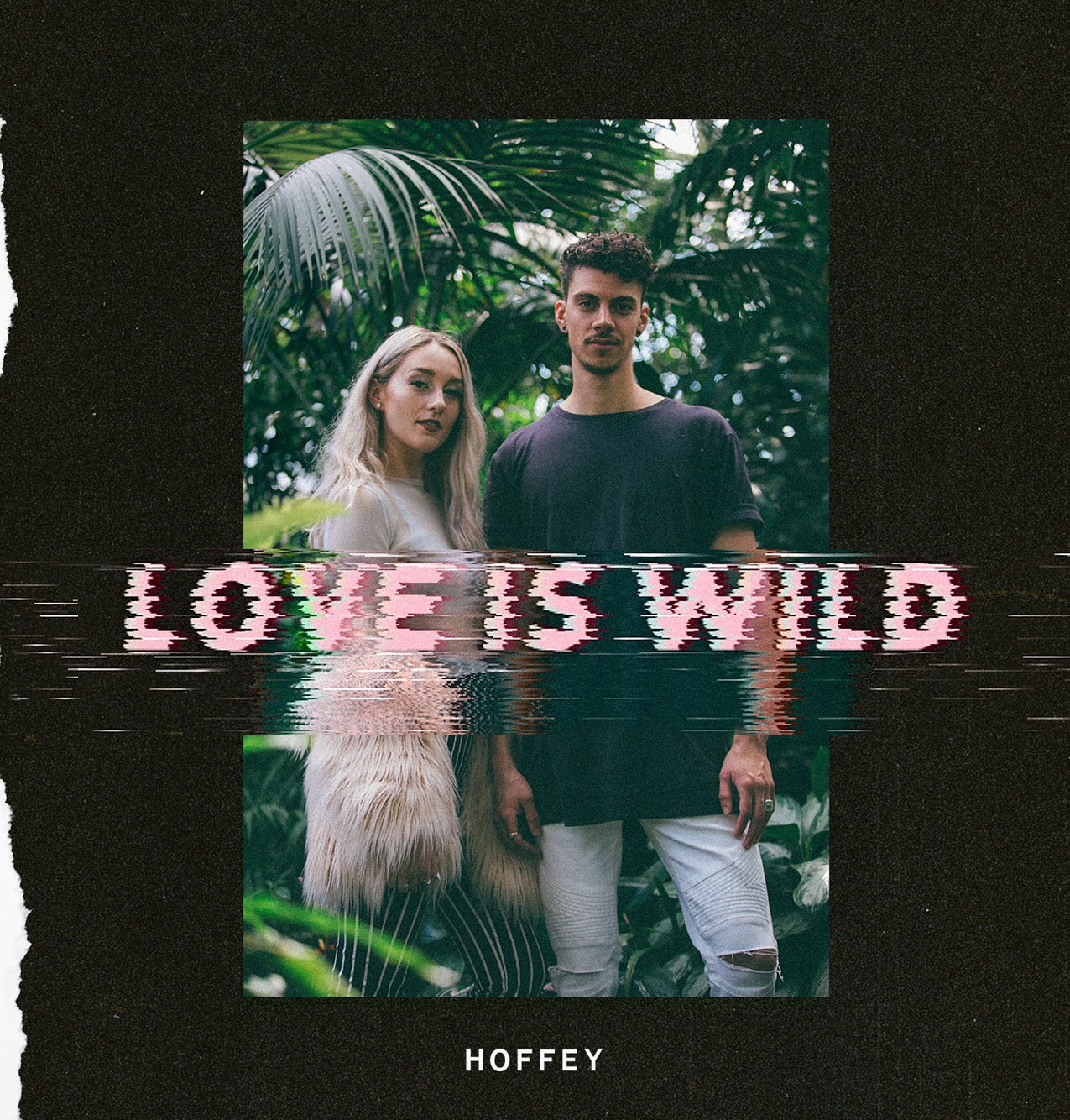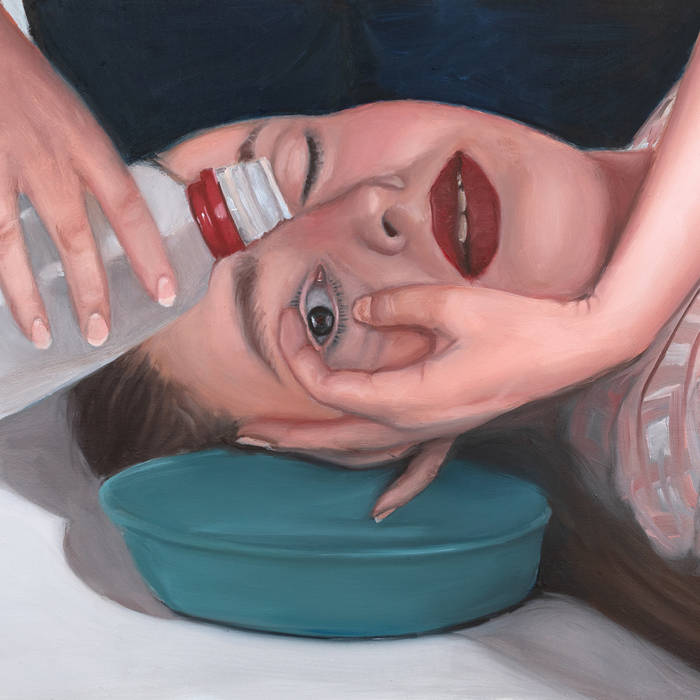Liance – The Rat House | EP Review
/The most formative years of your life seem to happen when you least expect them. Despite the narrative spun by popular culture, the most important events in your life are not always confined to childhood, or your first relationship, or any other “expected” demarcation point. You don’t get to plan the twists in your life, the only thing you can control is how you react to them.
No matter what form these events take in your own life, we often don’t recognize them for what they are until they’re over. They become symbolic in our own narrative. One monument within an ever-changing mythology that we venture back to, draw from, and reflect upon for decades to come. On his newest EP as Liance, Brighton-based musician James Li has crystalized this time in his life and put it on display for the entire world to see.
In contrast to his ambient project Ministry of Interior Spaces, Liance exists as a more autobiographical musical entity, weaving personal tales of grief, love, and loss all of which pull inspiration from his own life. Recorded between 2014 and 2018, The Rat House acts as a companion piece to Bronze Age of the Nineties, both of which recount Li’s time during college in Michigan and the hyper-formative events surrounding him at that time.
We should all be so lucky to have the feeling of our college experience remembered in such a beautiful and undegredated form. From the people you meet to the specific details of one night’s drunken adventures, college contains some of the most important memories of your life, and often they only live inside your head. As the years tick by those memories get fainter and fainter, so it’s best to document them now before the whos and the whys become unclear.
In The Rat House’s 1-minute opening track “Bernie Rally,” Li recalls a chance encounter with someone at a Bernie Sanders rally. While the details date the song to a specific time and place, the feeling he manages to capture is a universal truth. A single spark that comes from a seemingly-divine meeting, an evening spent together, and then nothing. It’s a compact tale that opens the album on a bittersweet but lovingly-emotional note.
Title track “The Rat House” acts as the album’s lush centerpiece, a multi-layered work pulling a wide range of instruments and wrapping them up into a single reflective package. Beginning with an uneasy guitar, the song grows over time and introduces a slowly-mounting drumline alongside gorgeous brass accompaniment all while retaining the same core melody and mood. It’s a single-song journey that aches with passionate beauty before exploding into sound, light, color, and life.
Songs like “Milk” and “Julian” serve to further the plot of Li’s life through vignettes of abstracted beauty. Whether accompanied by banjo, dulcimer, or piano, each track adds on to the mythology of his own created life, sketching a portrait for the audience to absorb and internalize.
The language Li uses throughout the release is both careful and loving. Lyrics like “I like the pictures that you take / I want to live in pictures you take” illustrate a distant form of appreciation that’s tapered off into something else entirely. Similarly, lines like “This house is stained with me and you” stand on their own and prod the listener into thinking deeply about the story being weaved while simultaneously projecting their own experience onto it.
The Rat House is a beautiful release, and clocking in at only 14 minutes, it’s a marvel that Li was able to pack such a lovely amount of well-lived feeling into such a short space. It’s a heart-rending exposition of the self, and one that can only exist through music. It’s self-documentation of the highest degree.
Sometimes remembering our own past is the only way to move forward, and The Rat House is a wonderful way to capture the multi-layered flash of one’s college years. While the album only documents Li’s specific experiences, its themes, tales, and feelings are unshakably universal. There’s likely to be at least a few moments in the EP’s 14 minutes that will send a rush of blood to long-forgotten memory in a distant corner of your brain.
The Rat House is a beautifully-crafted release that impresses its feelings upon you and leaves you better for it. Years compressed into minutes. A lifetime of feelings that you didn’t even know you shared with the rest of the world.
It’s rare to find a piece of art that feels so personal and relevant to your own life while also managing to tell the creator’s story effectively. Throughout this EP we see an artist who is tapped into something bigger, a universal struggle not just for happiness, but for life. The Rat House is the sound of hundreds of memories being unearthed, and it’s here to take you on that journey whenever you're ready.










